Melting sea ice is already contributing to rising ocean levels worldwide and opening up new areas of the ocean for risky oil drilling. And polar bears, which depend on that ice to hunt seals, rest, and breed, are now more vulnerable than ever.
Polar Bear, Nordauslandet, Svalbard, Norway by Martin Driver, WWF
The Columbia Climate Center, in partnership with WWF and Arctic 21, published a new report that asks experts to consider the effects on the Arctic in light of an international agreement that aims to limit climate change to between 1.5° and less than 2° s C. Unfortunately for the Arctic, even that limited increase could mean a change of roughly 4°C and even up to 5°C. Already, the changes are impacting not only Arctic residents, but billions of people living in other parts of the world.

© Mikhail Cherkasov/WWF-Russia

© Margaret Williams/WWF-US
But there’s still time left to help the Arctic and the impacts of climate change. Ultimately, experts agreed on five important ways we can take action:
1. We need to fund research to help us all better understand what the Arctic might look like in the near future. That research should prepare us for multiple scenarios.
2. We need to develop technology to reduce the amount of carbon dioxide in the atmosphere. Once we find out what works, that technology should be put to work immediately and on a large-scale.
3. We need to immediately help people who live in the Arctic to adapt, which may include relocating communities. Right now there’s little policy and infrastructure to help these people adapt so they’re going it alone.
4. We need to give scientists the tools to help us effectively understand and adapt to a changing Arctic. We should support an emerging pan-Arctic observing system, along with early warning components and development of Arctic system models to track Arctic change.
5. We need to create a unified voice for Arctic action with continued global talks and decision-making, especially when that work is forward-looking.
When the White House hosted the first ever Arctic Science Ministerial, leaders from around the world agreed to work collaboratively. Keeping that commitment will be important. The Arctic needs the best in science to create the most effective policy, and no one is going to be able to do it alone.
Tell the President to keep the oil under the sea.
Tweet your support!
World Wildlife Fund
1250 24th Street, N.W.
Washington, DC 20037
all images credit WWF
.
- autore
- ultimi articoli
è composta da oltre 60 collaboratori che lavorano in smart working, selezionati tra esperti di settore di diverse discipline. Hanno il compito di selezionare argomenti di particolare interesse, redigendo articoli basati su studi recenti. I contenuti degli stessi restano di responsabilità degli autori che sono ovviamente sempre citati. Eventuali quesiti possono essere inviati alla Redazione (infoocean4future@gmail.com) che, quando possibile, provvederà ad inoltrarli agli Autori.


















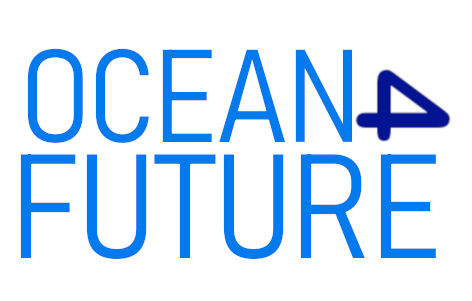











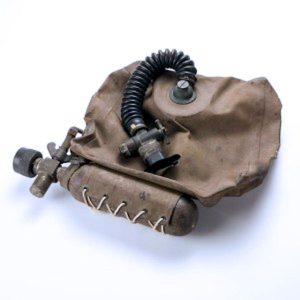
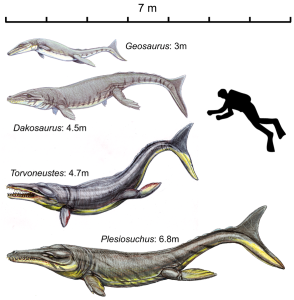




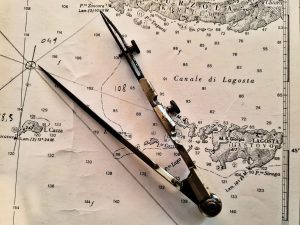






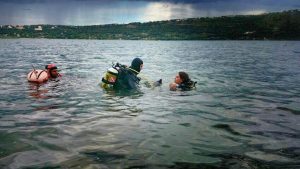


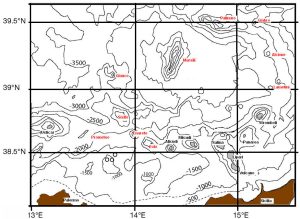

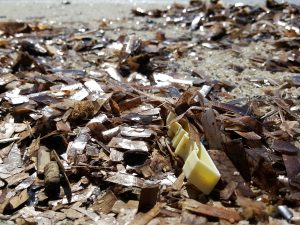
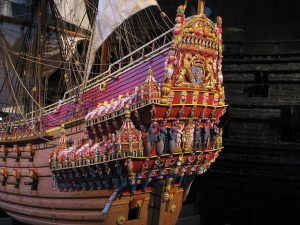
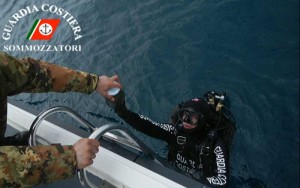

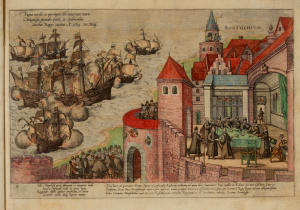
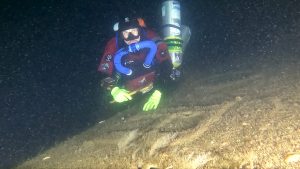
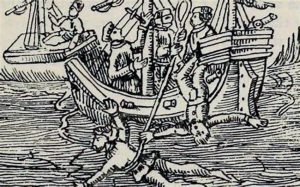
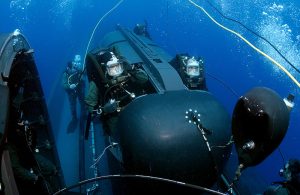








Lascia un commento
Devi essere connesso per inviare un commento.